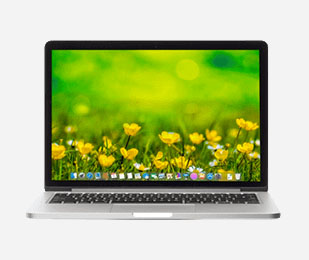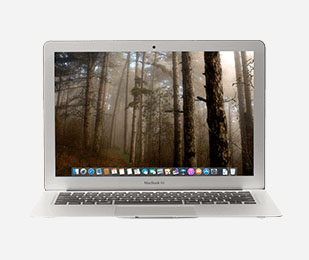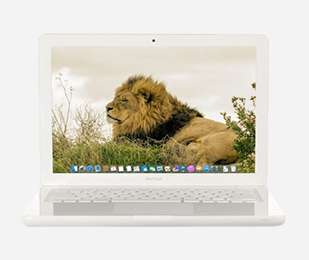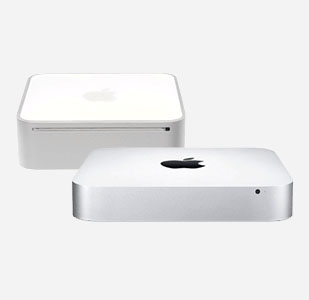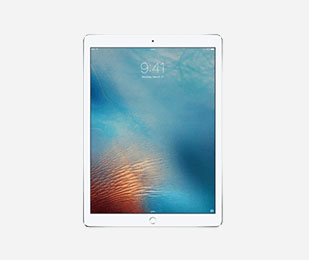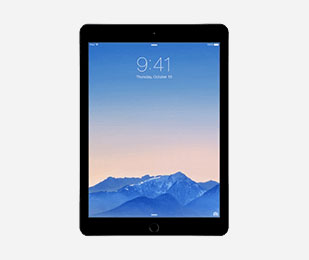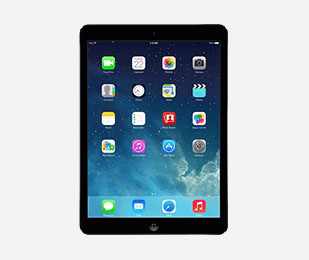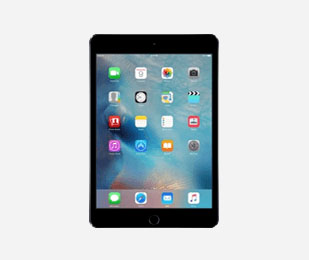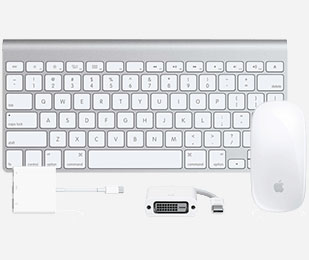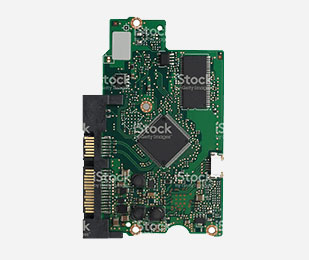Unpacking the Benefits of Minimalist Living
09 30, 24
Minimalist living has gained significant traction over the past decade—shifting from a niche lifestyle choice to a mainstream philosophy embraced by millions. But what exactly does it mean to live minimally, and why are so many drawn to it? In this article, we unpack the benefits of minimalist living and explore how adopting this lifestyle can transform your life.
What is Minimalist Living?
At its core, minimalist living revolves around the concept of 'less is more.' It encourages individuals to declutter their homes, simplify their lives, and make mindful choices about what they own and consume. Minimalism isn't just about reducing material possessions; it's about creating space—both physically and mentally—for the things that truly matter.
1. Reduced Stress and Anxiety
One of the most significant benefits of minimalist living is its impact on mental well-being. Cluttered spaces often lead to cluttered minds. When you surround yourself with fewer possessions, you're likely to experience less visual distraction. By creating a serene and organized environment, many minimalists report reduced stress and anxiety levels, making it easier to focus and feel at peace in their surroundings.
2. Financial Freedom
Minimalism encourages conscious spending and prioritizing needs over wants. When you learn to let go of unnecessary items and resist the urge to buy what you don’t need, you often find yourself saving more money. This financial freedom can open doors to new experiences, such as travel or investing in personal development, rather than being tied down by debt from impulsive purchases.
3. More Time for What Matters
In a world obsessed with consumerism, we often find ourselves spending excessive time maintaining, organizing, and cleaning our belongings. By minimizing our possessions, we can reclaim that time and dedicate it to the things we truly value—whether it be hobbies, relationships, or self-care practices. This shift allows for a more fulfilling life where you can truly enjoy your passions.
4. Enhanced Productivity
Minimalism extends beyond our physical spaces; it influences how we manage our time and responsibilities too. With fewer distractions and commitments, you can streamline your daily tasks and focus on what's important. Many minimalists find they are more productive in their work and personal lives, allowing them to accomplish more without feeling overwhelmed.
5. Environmental Impact
Embracing a minimalist lifestyle can also be a step toward sustainability. By consuming less and being more intentional about purchases, minimalists often contribute to a decreased demand for mass-produced goods. This shift not only reduces waste but also promotes a more sustainable consumption model that prioritizes quality over quantity.
6. Greater Appreciation for Life's Simple Pleasures
Minimalism teaches us to appreciate the beauty in simplicity. With fewer toys and trinkets vying for our attention, we learn to find joy in the small things in life—a sunset, a good book, or a heartfelt conversation with a friend. This shift in mindset can lead to a greater sense of contentment and fulfillment.
7. Improved Relationships
Lastly, minimalist living can positively influence our relationships. By valuing experiences over possessions, individuals often prioritize spending time with loved ones rather than accumulating material goods. This results in stronger connections and cherished memories that last a lifetime.
Conclusion
The journey towards minimalist living isn’t necessarily a one-size-fits-all process; instead, it’s about finding what works for you. Whether it’s radically decluttering your space or simply adopting a more mindful approach to consumption, the benefits are undeniable. By embracing minimalism, you can cultivate a life that feels enriched rather than burdened—allowing you to focus on what truly matters.
What is Minimalist Living?
At its core, minimalist living revolves around the concept of 'less is more.' It encourages individuals to declutter their homes, simplify their lives, and make mindful choices about what they own and consume. Minimalism isn't just about reducing material possessions; it's about creating space—both physically and mentally—for the things that truly matter.
1. Reduced Stress and Anxiety
One of the most significant benefits of minimalist living is its impact on mental well-being. Cluttered spaces often lead to cluttered minds. When you surround yourself with fewer possessions, you're likely to experience less visual distraction. By creating a serene and organized environment, many minimalists report reduced stress and anxiety levels, making it easier to focus and feel at peace in their surroundings.
2. Financial Freedom
Minimalism encourages conscious spending and prioritizing needs over wants. When you learn to let go of unnecessary items and resist the urge to buy what you don’t need, you often find yourself saving more money. This financial freedom can open doors to new experiences, such as travel or investing in personal development, rather than being tied down by debt from impulsive purchases.
3. More Time for What Matters
In a world obsessed with consumerism, we often find ourselves spending excessive time maintaining, organizing, and cleaning our belongings. By minimizing our possessions, we can reclaim that time and dedicate it to the things we truly value—whether it be hobbies, relationships, or self-care practices. This shift allows for a more fulfilling life where you can truly enjoy your passions.
4. Enhanced Productivity
Minimalism extends beyond our physical spaces; it influences how we manage our time and responsibilities too. With fewer distractions and commitments, you can streamline your daily tasks and focus on what's important. Many minimalists find they are more productive in their work and personal lives, allowing them to accomplish more without feeling overwhelmed.
5. Environmental Impact
Embracing a minimalist lifestyle can also be a step toward sustainability. By consuming less and being more intentional about purchases, minimalists often contribute to a decreased demand for mass-produced goods. This shift not only reduces waste but also promotes a more sustainable consumption model that prioritizes quality over quantity.
6. Greater Appreciation for Life's Simple Pleasures
Minimalism teaches us to appreciate the beauty in simplicity. With fewer toys and trinkets vying for our attention, we learn to find joy in the small things in life—a sunset, a good book, or a heartfelt conversation with a friend. This shift in mindset can lead to a greater sense of contentment and fulfillment.
7. Improved Relationships
Lastly, minimalist living can positively influence our relationships. By valuing experiences over possessions, individuals often prioritize spending time with loved ones rather than accumulating material goods. This results in stronger connections and cherished memories that last a lifetime.
Conclusion
The journey towards minimalist living isn’t necessarily a one-size-fits-all process; instead, it’s about finding what works for you. Whether it’s radically decluttering your space or simply adopting a more mindful approach to consumption, the benefits are undeniable. By embracing minimalism, you can cultivate a life that feels enriched rather than burdened—allowing you to focus on what truly matters.


